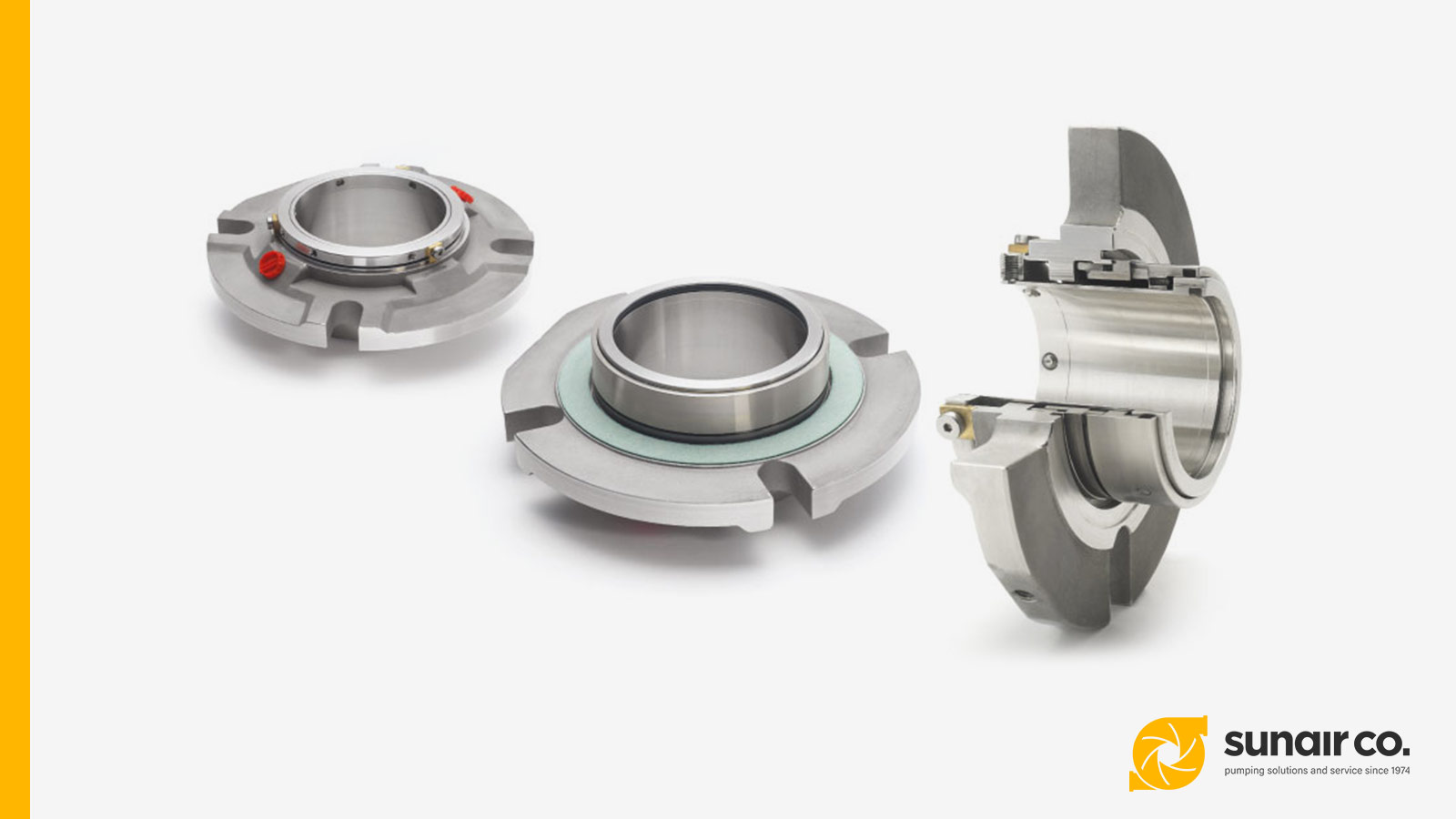
Published June 28, 2021 | 2 minute read

Published June 28, 2021 | 2 minute read
Small as mechanical seals might be compared to other components in a liquid transfer system, their importance cannot be overstated. When you choose the right mechanical seal, it can operate for years with very little maintenance, and protect your entire system, your plant personnel, and the surrounding environment from leaks and unwanted emissions.
There are hundreds of different mechanical seals on the market, however, each with its own unique benefits and drawbacks. What works for one system might not work for another and could result in significant system disruptions, downtime, and costly repairs.
There are numerous factors to consider before choosing a mechanical seal. Here’s how to select those that will work for your pumps.
Before you start the purchasing process, consider the following:
Beyond these top-priority questions, there are several important characteristics to look for when choosing a mechanical seal.
Make sure you know what kind of liquid transfer you will be handling and how it behaves. Also, be sure to consider all of the liquids the seal may be subject to (i.e. – steam, CIP, caustic or acid wash, etc.).
Why? Not all liquids are created equal. Some are shear sensitive. Some are viscous. Some react differently depending on pressure. Is the fluid caustic? Is it hazardous? What is its chemical composition?
Some seals are made of materials specifically developed to handle hazardous chemicals that others wouldn’t be able to handle, thus failing and resulting in leaks. Never assume that a mechanical seal will work just because it fits on the pump you’re using!
Seals perform differently depending on the pressure and temperature of the liquids they’re exposed to, among other factors. Always know what differentials your seal is sensitive to.
Leaks happen. That’s just a matter of fact when it comes to liquid transfer. The type of leak, however – such as caustics, acids or other hazardous materials like petroleum — can result in dangerous working conditions for your employees and cause environmental damage, leading to equipment damage and hefty fines.
Certain mechanical seals can prevent these, though. Look for seals specifically designed to handle volatile substances. Some considerations include:
Mechanical seals are expensive. Be sure you're spending your money on the right technology. The easiest way to select the right model for your purposes is to consult with an expert.
Sunair Co. is the Mid-Atlantic’s industry-leading expert on mechanical seals, pumps, compressors, and more. Our team has been developing custom systems and advising clients on which mechanical seals they need for their systems, across dozens of industries and hundreds of applications, for 50 years.
Receive the latest industry news, once a month. Unsubscribe anytime.
To determine the size of a component mechanical seal, measure the inside diameter of the seal face, the length of the spring, and diameter and thickness of the stationary seat.
Read NowDesigned to handle various hydrocarbons in accordance with the high standards of the American Petroleum Institute, API pumps ranging from end suction to vertical turbine models are commonly used in the petroleum, petrochemical, and natural gas industries.
Read NowRegularly inspecting your mechanical seals and monitoring various factors that could contribute to failure or leakage will help extend their lifespan, while ensuring operational efficiency and safety.
Read NowAir-operated double-diaphragm (AODD) pumps utilize compressed air and dual chambers to transport fluids safely and efficiently in support of a wide range of industrial applications.
Read NowSunair Co. carries high-quality propane pumps and compressors from leading manufacturers such as Sundyne, Blackmer, and National Pump to ensure your operations perform safely and effectively.
Read Now2475 Wyandotte Road
Willow Grove, PA 19090
Phone: (215) 657-9800
Fax: (215) 657-9881
Email: sunairco@sunair.com
© Copyright 2025 Sunair Co.
Logos on this page are copyrights of their respective companies. The Sunair logo is a registered trademark of Sunair Co.
Leave a comment